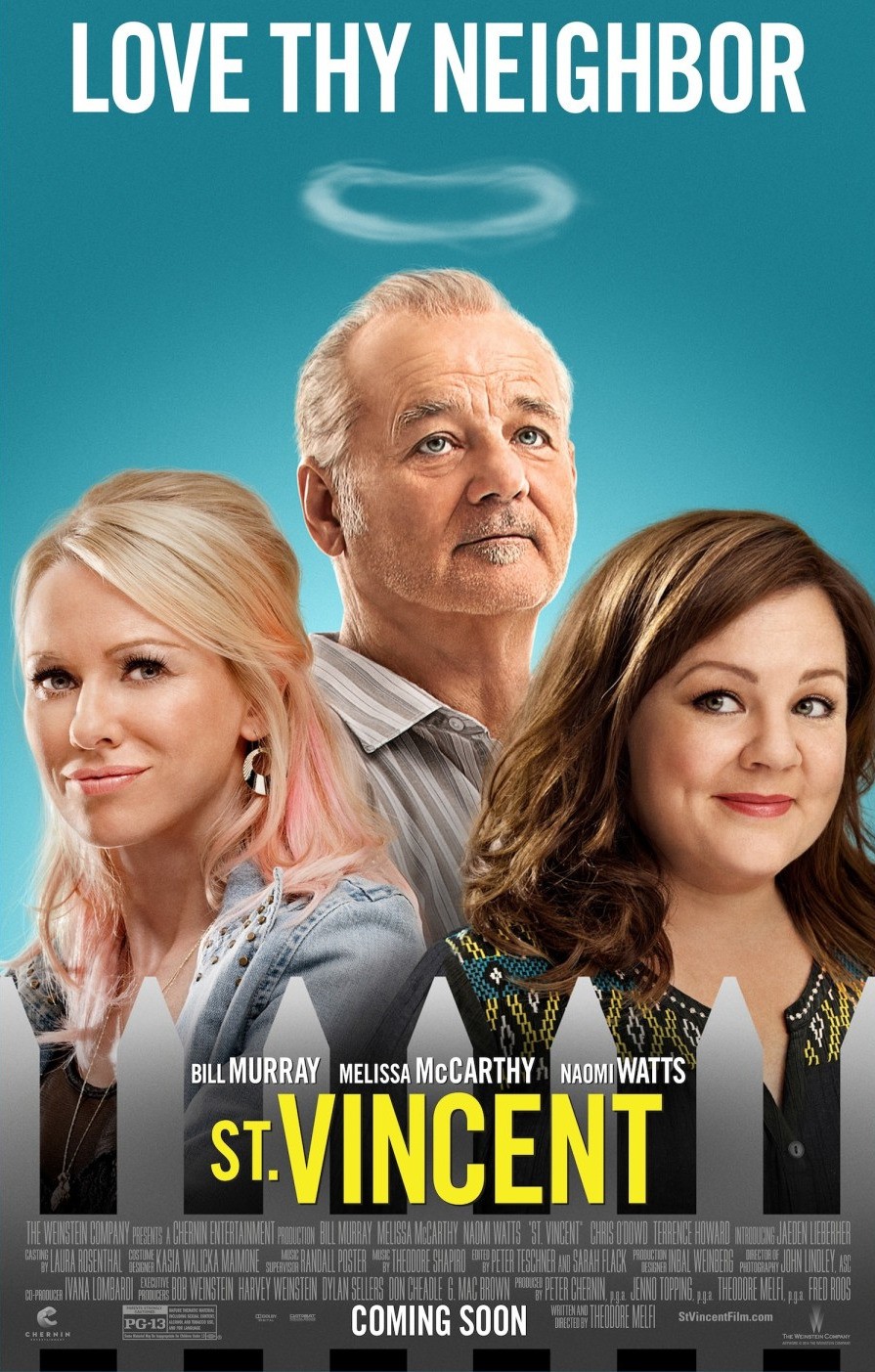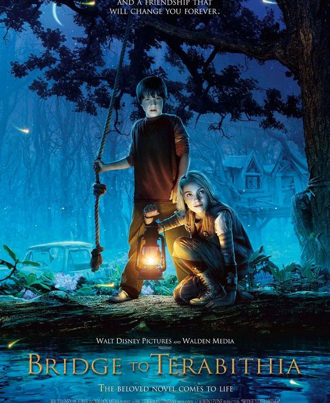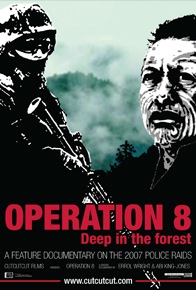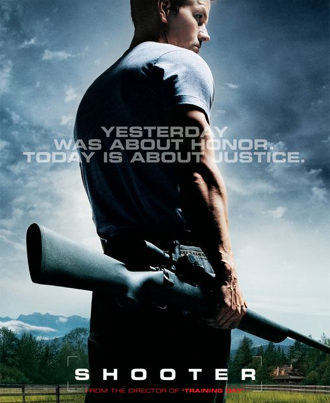In the last (non-Rancho) post I made a commitment to get back in to regular reviewing and to end my year-long sabbatical. (For the reasons behind the hiatus, it is recommended that you have a quick read. Go on, I’ll wait here.) It has come as a bit of a surprise to me that I’ve actually seen as much as I have over the last few months. It didn’t feel like it but — thanks to Radio New Zealand, FishHead and Rancho Notorious — fully 18 of the films currently screening around Wellington are films I can actually have an opinion on.
Anyway, here goes, and I might as well start with the oldest first. Which, as it turns out, is also a contender for the worst film in this post.
 I’ve never managed to hide my disdain for Little Miss Sunshine, a film which is beloved by many and held up as an example of quality screenwriting to which we all should aspire. It is, in fact, garbage. A collection of tics masquerading as characters stuck in a contrived-cute situation in which life lessons will be learned too easily and happy endings will be unearned. Theodore Melfi’s debut feature St. Vincent also falls into all these traps only deeper. It also relies so heavily on the great Bill Murray that it manages to even bring him into disrepute.
I’ve never managed to hide my disdain for Little Miss Sunshine, a film which is beloved by many and held up as an example of quality screenwriting to which we all should aspire. It is, in fact, garbage. A collection of tics masquerading as characters stuck in a contrived-cute situation in which life lessons will be learned too easily and happy endings will be unearned. Theodore Melfi’s debut feature St. Vincent also falls into all these traps only deeper. It also relies so heavily on the great Bill Murray that it manages to even bring him into disrepute.
Murray plays an outwardly misanthropic and cutely alcoholic Brookly war veteran (not a veteran of the Brooklyn War, which isn’t actually a thing — a former US soldier who fought in Vietnam, who lives in Brooklyn. Bear with me, I’ve been out of the game for a while) who finds himself in need of funds and therefore babysitting an also cute and lonely new arrival to the neighbourhood (Jaeden Lieberher).
Everything about the plot is a clunkily manufactured buildup to a saccharine “Modern Day Saints” presentation finale at the youngster’s Catholic high school. Not a moment of this film rings true and every emotional note it attempts falls flat.
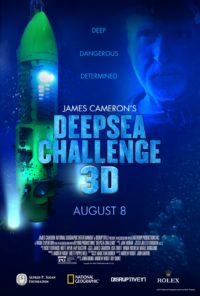 Deepsea Challenge 3D is a National Geographic documentary that wouldn’t see the light of a big screen here if it wasn’t about Wairarapa boy James Cameron’s underwater adventuring. Not uninteresting (or undramatic for that matter) but the telling is fairly straight up and down and there’s no getting away from the fact that the further down you go, the less there is to actually see.
Deepsea Challenge 3D is a National Geographic documentary that wouldn’t see the light of a big screen here if it wasn’t about Wairarapa boy James Cameron’s underwater adventuring. Not uninteresting (or undramatic for that matter) but the telling is fairly straight up and down and there’s no getting away from the fact that the further down you go, the less there is to actually see.
I’ve come to the realisation that Christopher Nolan is a fraud. There, I said it. When let loose outside the superhero franchise movies that made him such a bankable director, he (occasionally with his brother Jonathan) writes puzzles not screenplays, Gotchas not dénouements. He loudly disdains the digital realm while relying on the skills of digital effects artists to create the giant FX set pieces that his fans — and his budgets — demand. He also can’t shoot close quarters action, as I mentioned here many years ago.
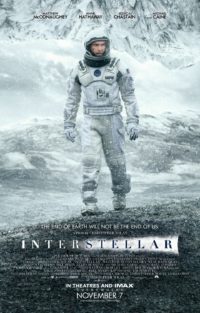 Luckily, Interstellar — his latest piece of multi-million dollar mental calisthenics — doesn’t have much in the way of fighting and benefits greatly through most of the first two thirds from a great setup setup and his eye for an arresting image. A now totally rehabilitated Matthew McConaughey plays a former astronaut and test pilot now farming one the many American dustbowls a near future of post-industrial blight and over-farming has caused.
Luckily, Interstellar — his latest piece of multi-million dollar mental calisthenics — doesn’t have much in the way of fighting and benefits greatly through most of the first two thirds from a great setup setup and his eye for an arresting image. A now totally rehabilitated Matthew McConaughey plays a former astronaut and test pilot now farming one the many American dustbowls a near future of post-industrial blight and over-farming has caused.
The world is clearly going to hell in a handcart but the Nolans are only interested in this as a way to get their cinematic Rubik’s Cube off the ground. Mysterious clues in his daughter’s bedroom lead McConaughey to a secret Nasa base where Michael Caine is preparing to shoot test tubes full of future humans through a black hole in order to populate one of several possible new planets that have been discovered on the other side. Publicity for Interstellar touted how credible all the science was — how possible it all is — but he is happy to throw that credibility overboard when it suits him and the less said about Anne Hathaway’s depressing transformation from hard-ass chief scientist to love-struck, self-deluded, simpering mess she becomes.
An extremely frustrating — and very long — watch. So long, in fact, that Nolan himself has to brutally condense his third act in order that the audience doesn’t have to come back the following night.
 The climax of The Hunger Games: Mockingjay isn’t the following night but in November this year with Part 1 not much more than a placeholder, amplifying the stakes and sowing seeds of doubt in the audience — doubt that various characters are who they say they are, for a start, and doubt that the final instalment will actually be worth it.
The climax of The Hunger Games: Mockingjay isn’t the following night but in November this year with Part 1 not much more than a placeholder, amplifying the stakes and sowing seeds of doubt in the audience — doubt that various characters are who they say they are, for a start, and doubt that the final instalment will actually be worth it.
Katniss (Jennifer Lawrence) has been rescued from the games-dome she destroyed in the previous episode and is now a fully-fledged Mockingjay, a crucial propaganda component in the guerilla revolution against moustache-twirling Donald Sutherland in the rapidly decaying decadent Capitol City. Poor old Peta (Josh Hutcherson), though, didn’t make it and has been enlisted — through the medium of a broken heart — as a publicity pawn on the other side. I actually quite enjoyed this one as it was much more about the political intrigues than the silly games — much more up my alley.
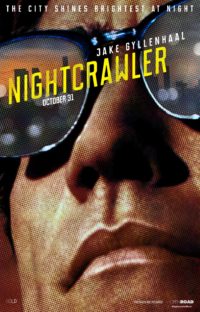 Over-hyped on arrival, like so much of 2014, Dan Gilroy’s Nightcrawler was a stylishly shot and bravely acted portrait of modern media in Los Angeles as it might have been a few years ago, when Gilroy presumably wrote it. Jake Gyllenhaal plays an intense young man on the make — when we meet him he is stealing copper for scrap metal — who discovers that there is coin to be mined from recording the misery of the public and selling the results to local television stations desperate for exclusives.
Over-hyped on arrival, like so much of 2014, Dan Gilroy’s Nightcrawler was a stylishly shot and bravely acted portrait of modern media in Los Angeles as it might have been a few years ago, when Gilroy presumably wrote it. Jake Gyllenhaal plays an intense young man on the make — when we meet him he is stealing copper for scrap metal — who discovers that there is coin to be mined from recording the misery of the public and selling the results to local television stations desperate for exclusives.
Nowadays, of course, that material also finds its way to the web before the breakfast news but the milieu still seems apropos and Gyllenhaal grabs the opportunity to play a Travis Bickle-type obsessive creep with both hands. He demonstrates great technical dexterity but, again like so much of the rest of 2014, I never felt that I was watching an actual living, breathing, human being. The film also looks beautiful but Gilroy favours tourist LA landmarks to identify his location rather than digging a little deeper to find less familiar views.
Nightcrawler works best as a satire of corporate and startup life rather than the media and there’s a lot in it to enjoy, not least the brilliant Riz Ahmed (Four Lions) as Gyllenhaal’s desperately naïve offsider. What a star.
To be continued…

